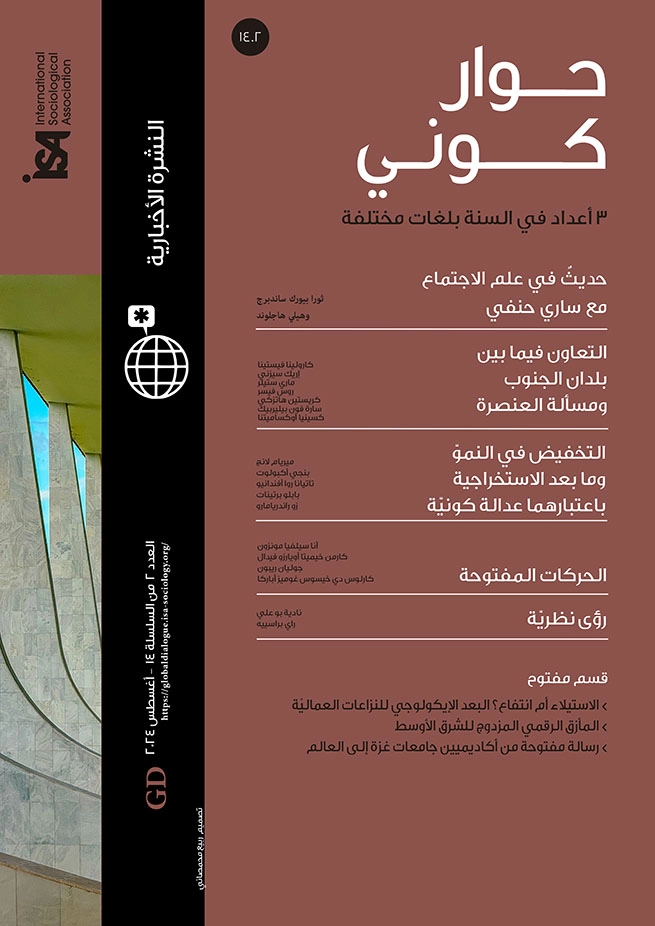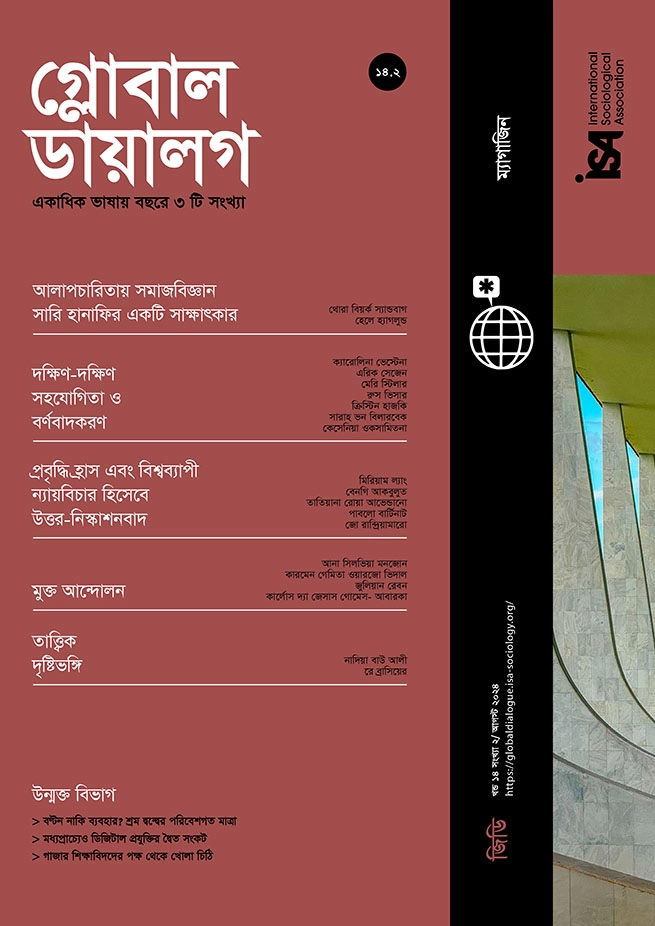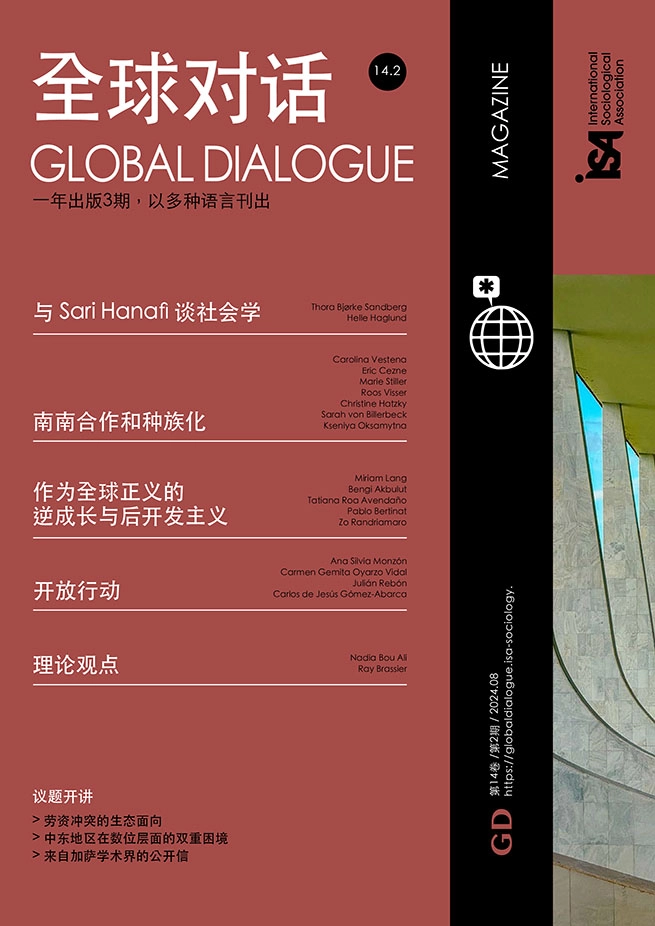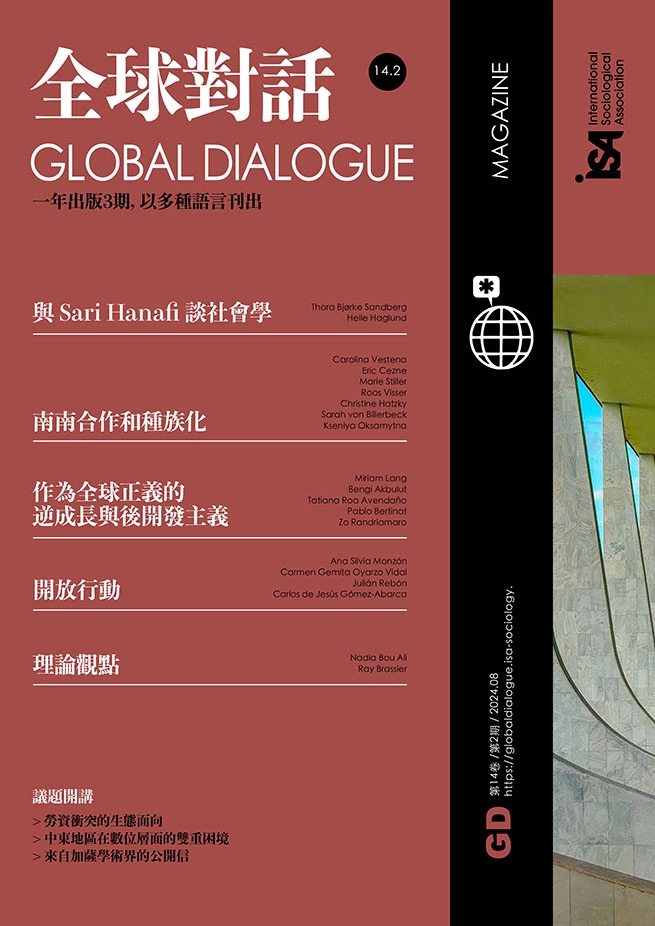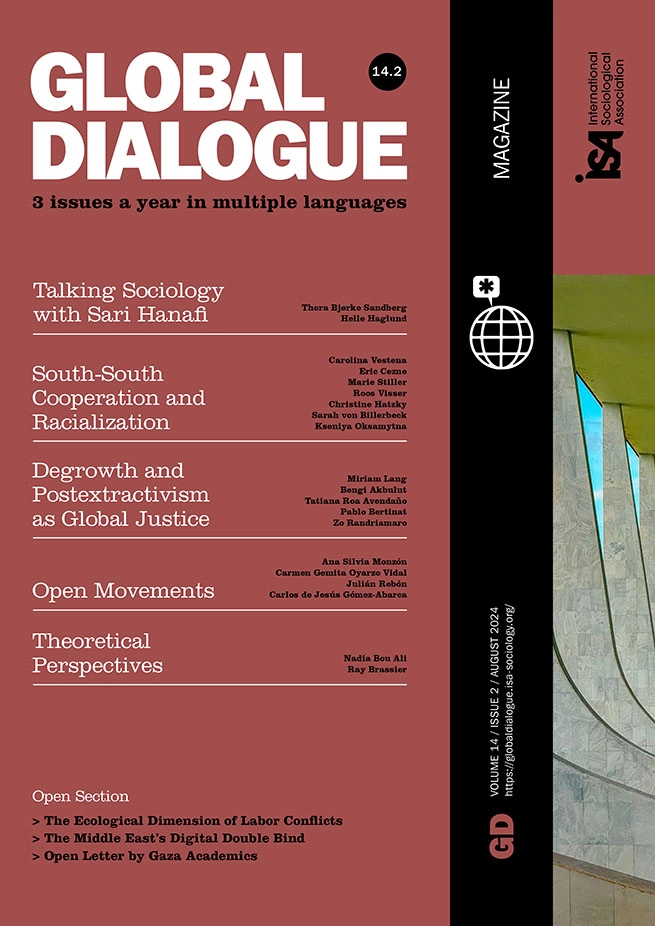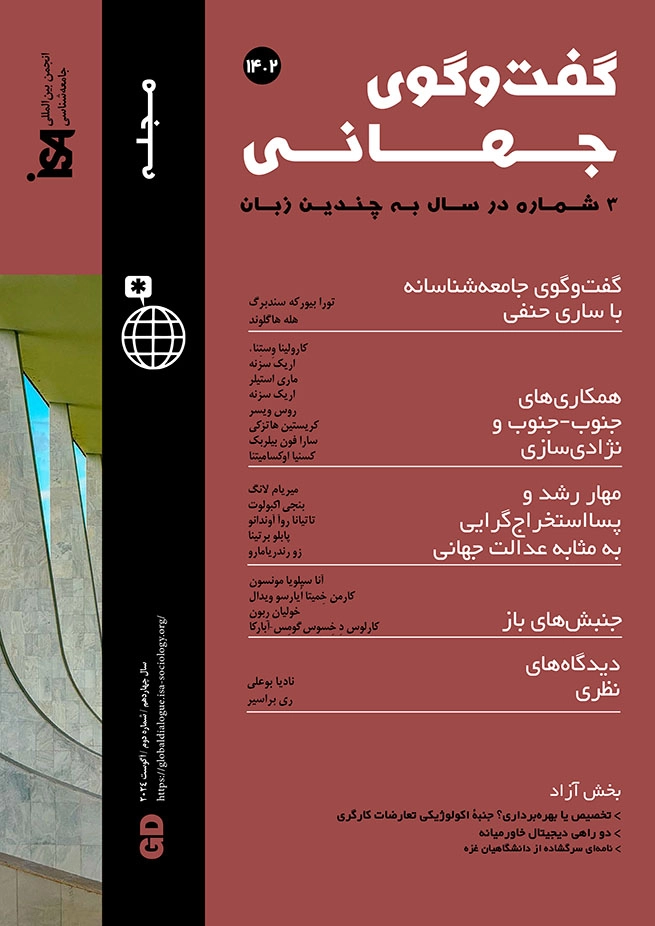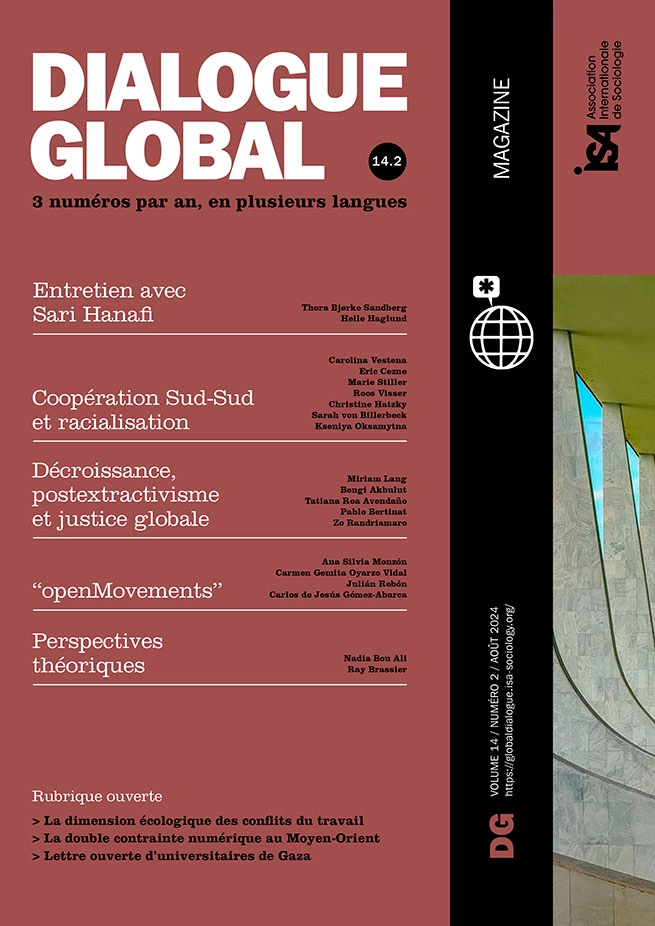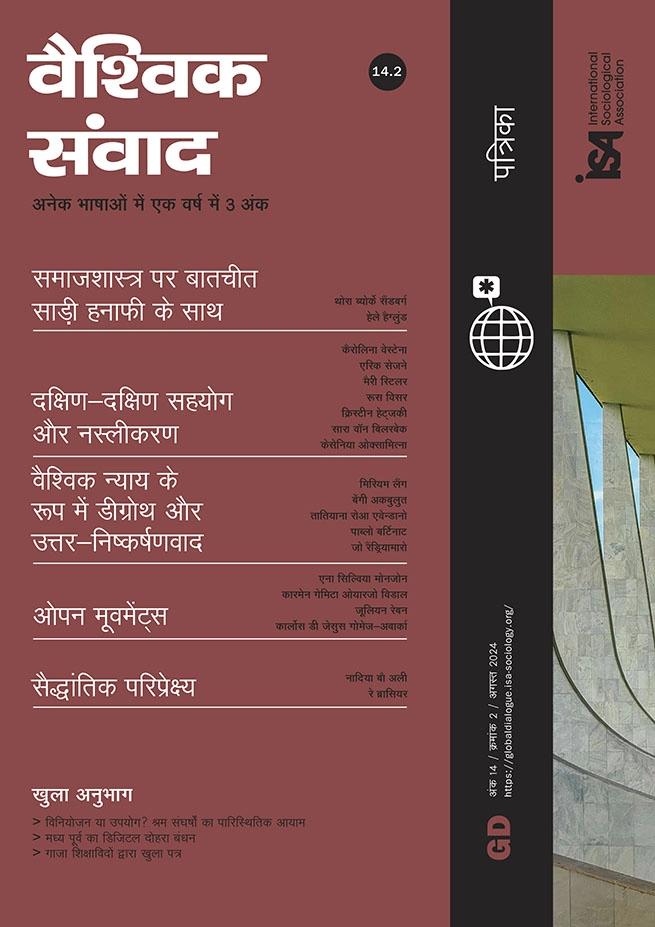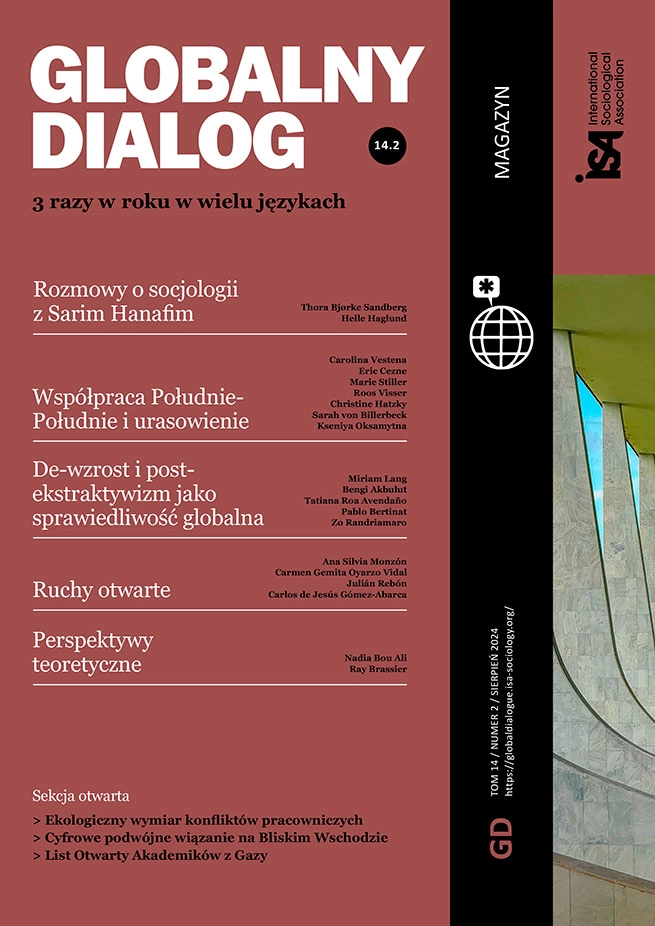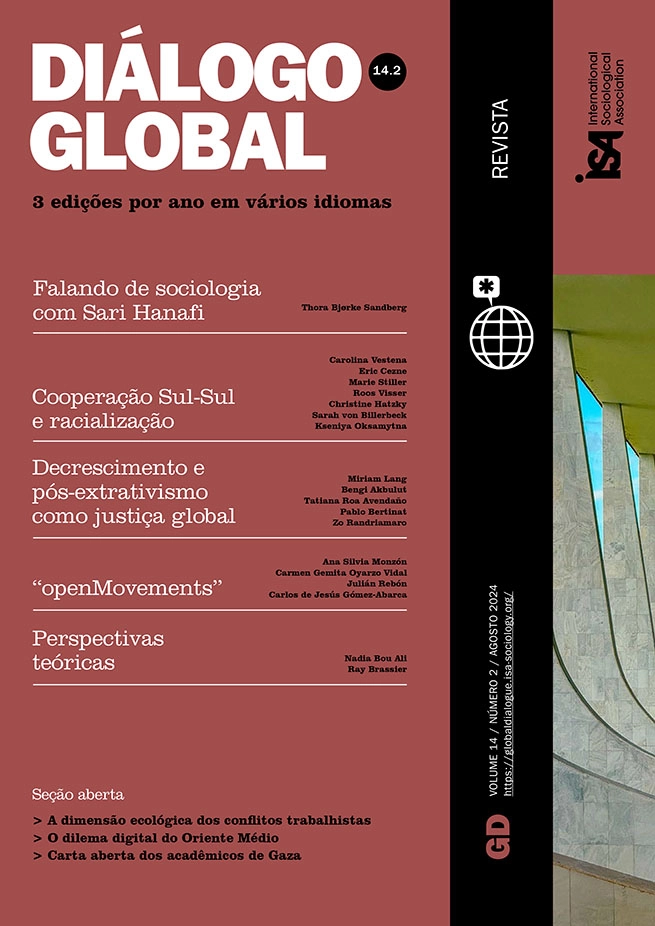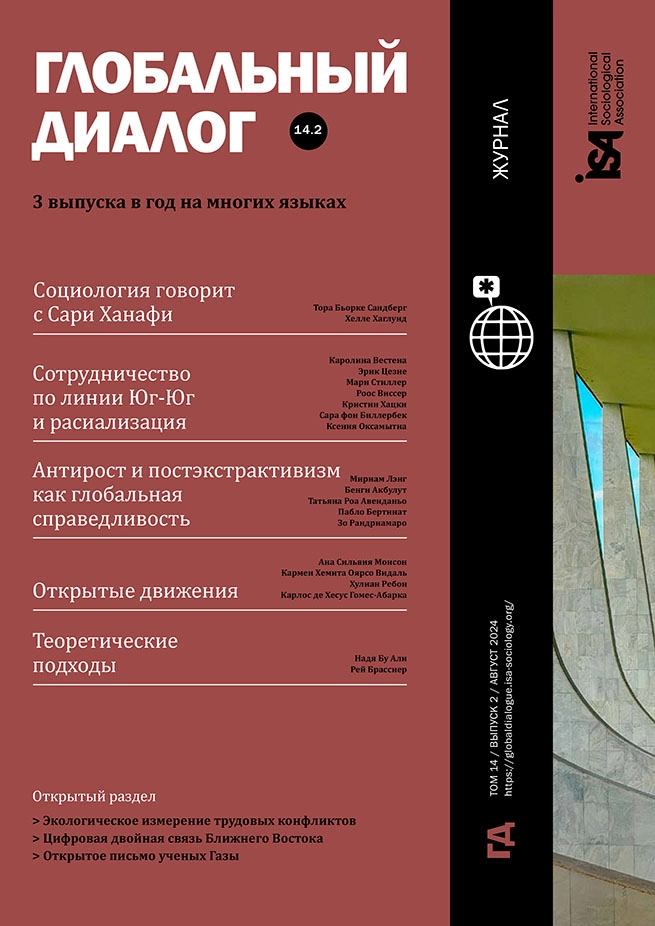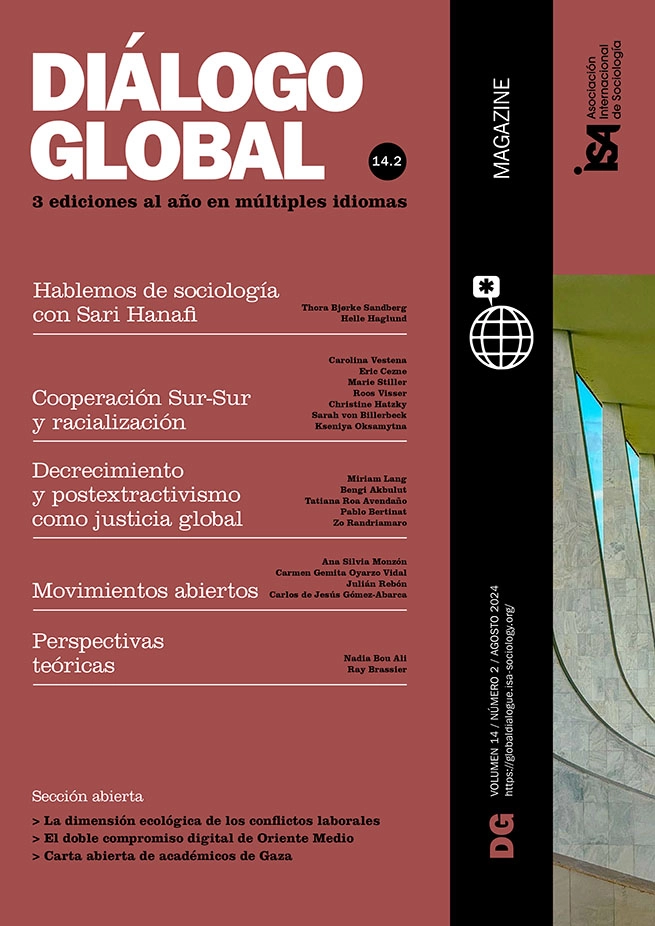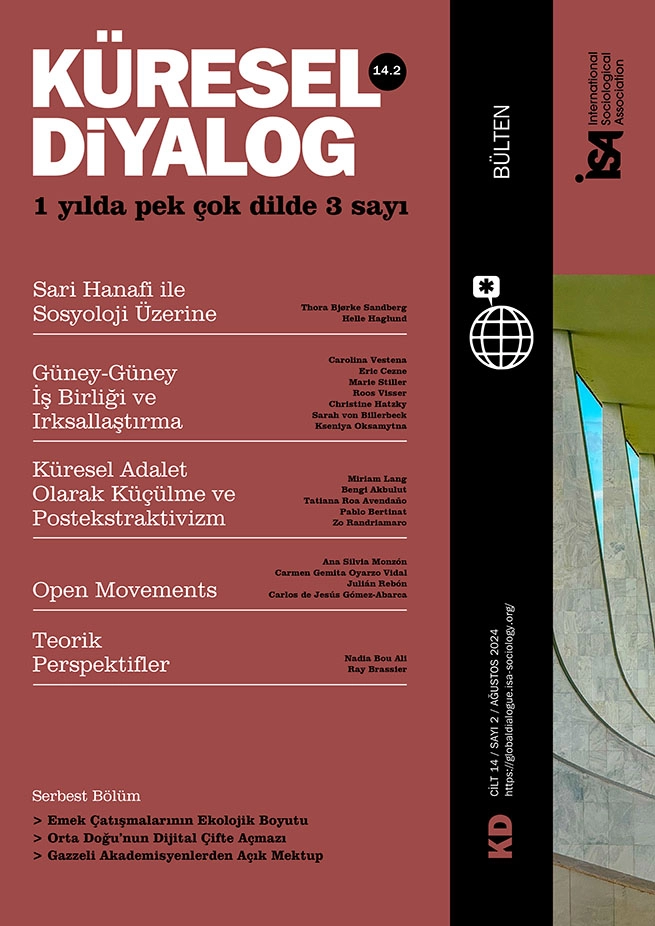Appropriation or Utilization? The Ecological Dimension of Labor Conflicts
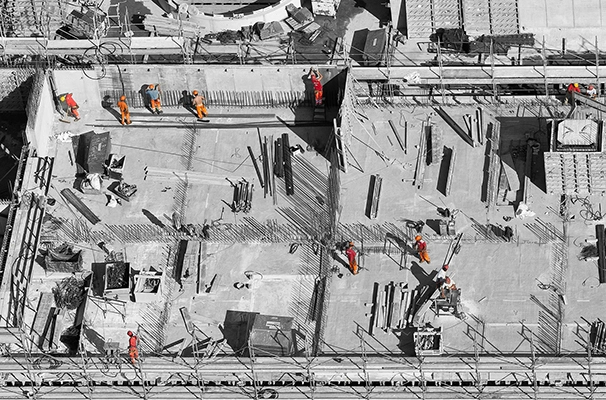
July 15, 2024
In the fall of 2022 several thousand Swiss construction workers went on strike. The sectoral employers’ association had demanded an increase in maximum weekly working hours to 58, alluding to a seemingly very peculiar reason: climate change. Currently, adverse weather delays 45 percent of construction projects globally; but climate change is expected to increase the frequency and intensity of weather conditions causing such delays. More importantly, temperatures above 24°C are associated with reduced labor productivity. This makes the construction sector one of the most vulnerable to heat waves. At the same time, however, construction is a major polluter and producer of greenhouse gases: the production of cement alone produces around 8% of global CO2 emissions.
The domination of nature as an ingredient in production
In my recent book (published in German), Metabolic Politics. Labor, Nature and the Future of the Planet, I examine what this and other labor conflicts can teach us about the relationship between the capitalist labor process and the ecological crisis. There is a surprising agreement between mainstream environmental economics and Marxist perspectives that the central cause of environmental destruction is a relation in which nature is “appropriated” without payment, thereby incentivizing its overuse. This is certainly the case, yet an analytical drawback of the concept of appropriation of nature is evident in that it conveys an image of nature as a massive storehouse of raw material whose goods are simply there to be collected, or whose “ecosystem services” flow into production of their own accord. Such an image has little to do with reality. Nature does not exist as a resource: work must be invested in order to “make nature usable”. The concept of appropriation merely describes the activity through which aspects of nature become private property: this in itself does not initiate anything concrete; it is an abstraction. Rather, it is human labor which obliges nature to become part of the production process. For instance, a river is not merely a source of water, energy, and food, but also always exists as a risk: it can flood fields and settlements or block traffic routes. For this reason, the utilization of nature always requires an aspect of control: the river must be channeled, animals must be domesticated, weeds and pests eradicated, and so forth. Utilization therefore essentially means domination over the autonomy of nature.
Control over nature is never complete
However, no effort of control can repress this autonomy permanently. Instead, the river will erode the channel over time, animals will fall ill, and weeds will return again and again. The work of control is unceasing. Additionally, utilization must always include an element of rationalization: higher-yielding plant and animal species are bred, fossil fuels are used to accelerate natural metabolisms, organisms are genetically modified to make them economically useful. Yet, in due time, such utilization leads to paradoxical outcomes, because it undermines the very substances whose utility it was meant to increase. This result is then normally met with further efforts to utilize. The case of the Dust Bowl is paradigmatic. At the beginning of the twentieth century, European settlers had ploughed over the prairies of the American Midwest, leading to massive soil erosion and sandstorms. To maintain productivity, agriculture was intensified, with synthetic fertilizers, pesticides, and mechanization; but this in turn led to further losses of fertile land.
Human labor: one more natural resource
There are obvious similarities between the utilization of nature and the utilization of labor. Like other segments of nature, human beings are not born as workers, but must be continuously fashioned thus. Before people are able to work, they must first be educated for years, that is, they must be made to adhere to social conventions which constitute the basic conditions for the division of labor. In addition, workers require a certain amount of general education and technical training in order to be employable. When they are exhausted, people need care and affection, and when they fall ill, their labor power must be restored through medical care. In the workplace itself, human bodies are made useful via rationalization and control.
The relationship between the utilization of nature and the utilization of labor is not limited to analogy. Rather, the two are necessarily dependent on each other. Making nature usable enables intensified utilization of human labor, which in turn enables more intensive utilization of nature. Slavery and the plantation economy, for example, were mutually constitutive: the surplus of cotton produced by the combination, together with the intensified utilization of fossil fuels, became the material basis of the factory regime. A concatenation of utilization of other segments of nature followed, to which the new labor potential was applied. Yet the paradoxical destructiveness of utilization always loomed.
All labor politics is ultimately environmental politics
The construction industry is a prime example. In 1892 François Hennebique patented reinforced concrete, giving him a virtual monopoly on the construction of concrete buildings throughout Europe for decades. Reinforced concrete allowed construction companies to cut labor costs, because it largely erased the traditional craft occupation of the skilled bricklayer. Walls were now simply cast in molds. Moreover, sand could now be used as the basic material instead of expensive stone – the production of concrete is the main reason why today sand is by far the most widely extracted resource on earth. As only sand from rivers and lakes can be used for construction, its sourcing and manufacture causes massive degradation of ecosystems. Moreover, construction CO2 emissions are a major contributor to climate change, which in turn undermines the productivity of the industry itself.
If labor, as Karl Marx argued, always is the transformation of nature, then all politics of production are also environmental politics – or “metabolic politics”. This means that in order to understand the roots and possible ways out of the ecological crisis, we need to place stronger emphasis on issues of work; and more specifically on the question of how to overcome the destructive utilization of both work and nature in the capitalist labor process. In this sense, the widespread suffering that results from the intensification of work has an underexplored ecological dimension, which could be a starting point for transformative metabolic politics.
Simon Schaupp, University of Basel, Switzerland <simon.schaupp@unibas.ch> / Twitter: @simschaupp

